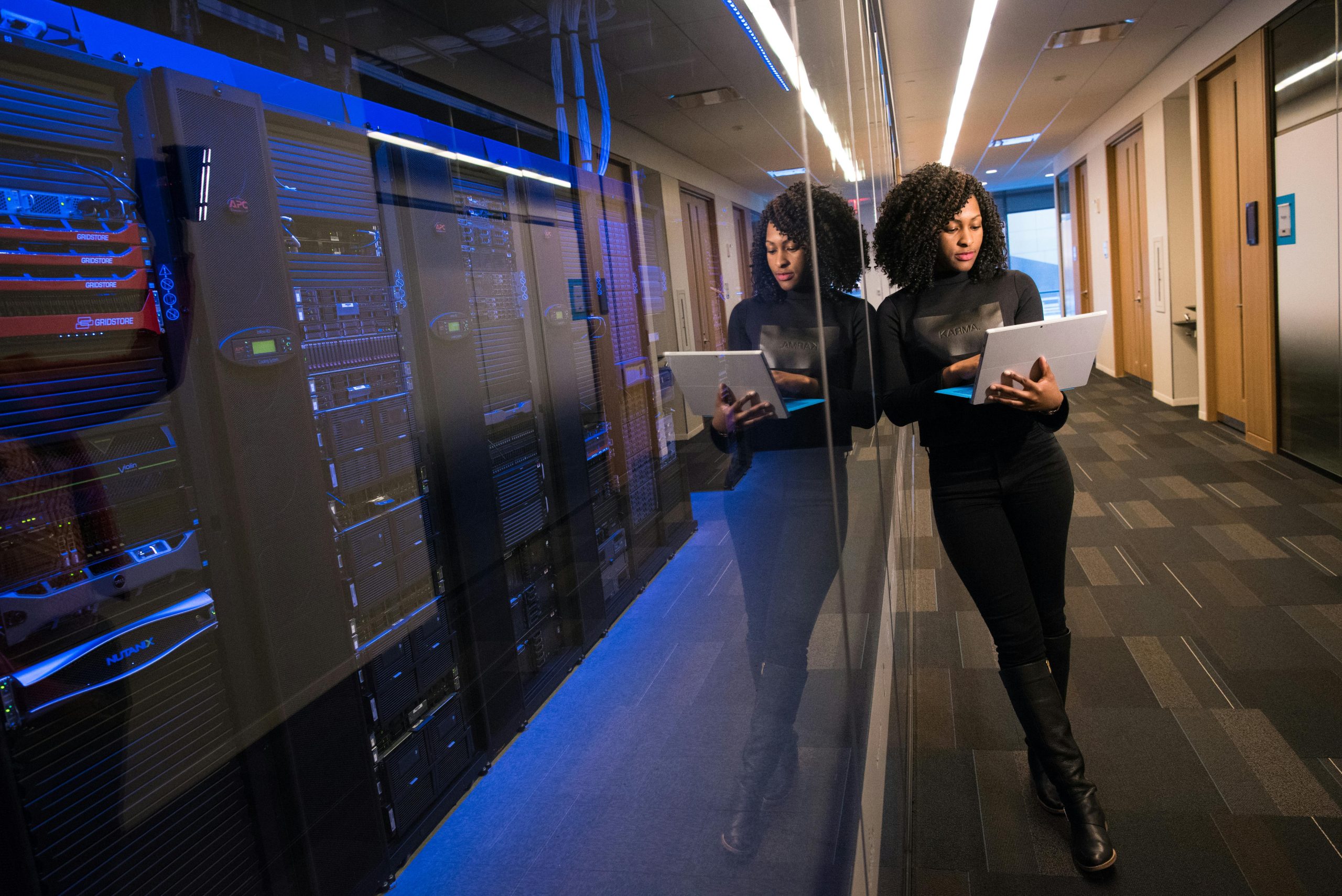Enhancing Relationship Communication with AI: My Experience
In today’s fast-paced world, effective communication is crucial for nurturing and maintaining relationships. Recently, I’ve discovered a unique way to improve my connection with my girlfriend by using AI to translate our feelings—and it has made a significant positive impact on our relationship.
For the past six years, I’ve been in a relationship with someone who identifies as fearful-avoidant. This attachment style can lead to misunderstandings and emotional turmoil, especially during the challenging moments we all face. After delving into the concept of attachment styles, I began to realize why certain situations would trigger strong reactions from both of us.
To enhance our communication, I started using an AI model to interpret my girlfriend’s messages through the lens of her attachment style. This approach has proven to be invaluable, translating her emotional responses into more understandable terms and guiding me on how to express my feelings without inadvertently assigning blame.
A Real-Life Example:
Recently, my girlfriend expressed some deep-seated concerns:
“I love you. I love what we once were. But I think neither of us love what I have become. I’m a wreck from everything that has happened and I don’t know what to do. I’m sorry. I thought I’d know after talking to you about my needs but I don’t know how to feel better and feel safe again. I’ll take all the blame. I thought I could face this. But I don’t want to come home. I don’t know how to face the mess I’ve made of my life even after this reset.”
When I input her message into the AI, it provided an in-depth analysis:
“That’s heavy, heartfelt, and deeply tangled in fearful-avoidant pain. Her message is a cry for help rather than a rejection. It indicates she is feeling overwhelmed and ashamed, fearing that she may be unlovable in her current state.”
The AI helped me to pinpoint the underlying emotions driving her words. It highlighted that she is grappling with:
- Grief about her identity: “I don’t love who I’ve become.”
- Feelings of hopelessness: “I don’t know what to do.”
- Self-blame: “I’ll take all the blame,” which often leads to withdrawing from deeper confrontation.
- Fear of intimacy: The idea of being fully accepted in her current state feels too risky.
With this insight, I was better prepared to respond to her with compassion

